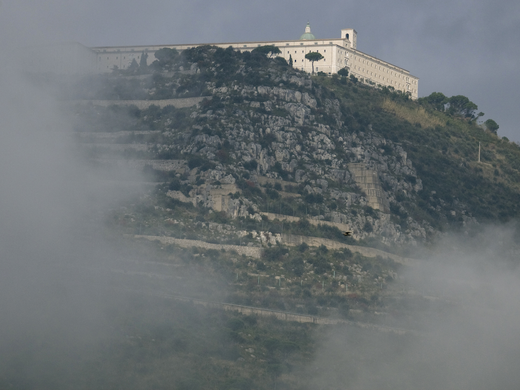Russia represents one of the most vexing geopolitical challenges facing the West today. In the aftermath of Russia’s annexation of Crimea and its unprecedented meddling in the US presidential election, relations between Moscow and the West have reached their lowest point since the end of the Cold War.
As the Trump administration begins to shape its national security strategy, how to deal with Russia will be a high priority. President Donald Trump’s rhetoric on Russia during the campaign, and his stated desire to “get along” with Vladimir Putin, suggest a new Russian “reset” may be in the offing. At the same time, senior administration officials have reiterated the importance of holding Russia to account for its actions in Ukraine and Syria.
The United States and its allies must be clear about the nature of the challenge posed by Russia, and put in place a coordinated and sustainable strategy to address this challenge, while advancing Western interests and values. Russian cooperation on certain issues — such as the fight against the Islamic State of Iraq and al-Sham — may be worth exploring. However, any approach to engage Russia must be grounded within the context of a broader strategy that recognizes and pushes back against Moscow’s efforts to undermine the rules-based international order.
This report, prepared in collaboration with experts from a network of think tanks participating in the D-10 Strategy Forum, proposes an active and sustainable strategy to constrain Russia’s ability to challenge the security of the United States and the wider West, and the legitimacy of the rules-based democratic order, while preserving channels of cooperation on issues of mutual interest.


